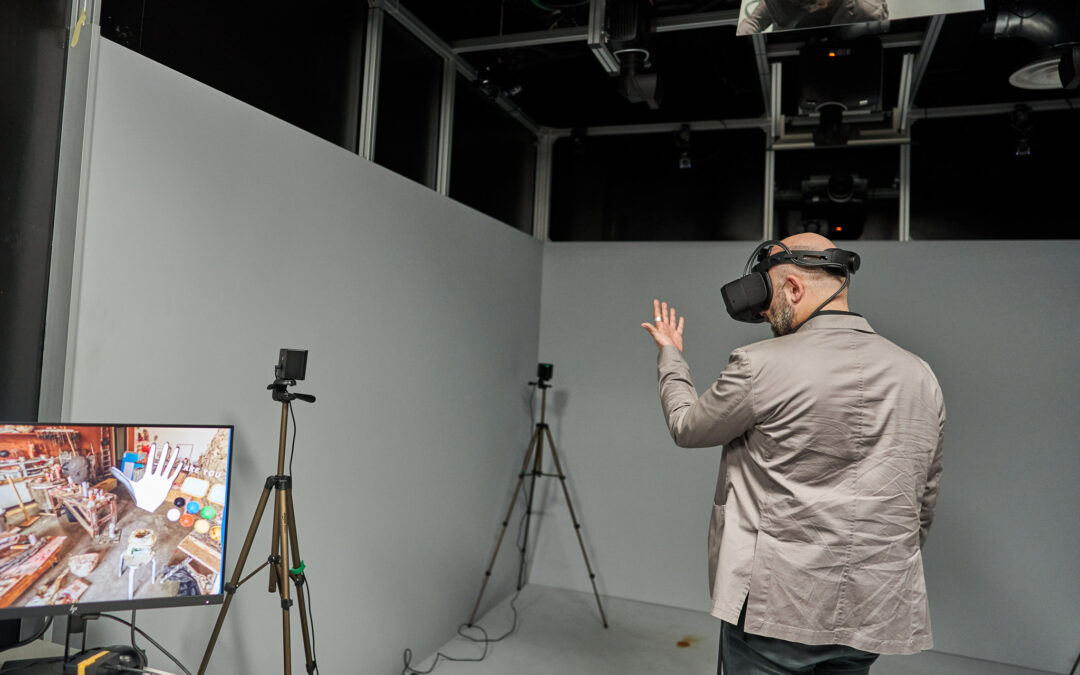Author: Wisal Tayebi
Committee: Game Committee
Date: 10/05/2024
The EPPO (European Public Prosecutor’s Office) is an independent EU body established to investigate and prosecute crimes against the EU’s budget, such as corruption, fraud, and money laundering. In pursuit of its mission, the EPPO collaborate closely with national EU authorities, promoting cooperation among law enforcement agencies across the European Union.
In this context, the integration of technology stands out as a potential means to improve EPPO’s efficiency in investigating and prosecuting transnational financial crimes.
In light of this, we must recognize the important role played by the STEPPO Jean Monnet EU Centre of Excellence, particularly by the Game Subcommittee. Through their dedication, they were able to develop a VR game designed to improve access to EPPO regulations and principles.
This VR game utilizes virtual reality technology to analyze challenging scenarios typically encountered by prosecutors, helping them visualize the perspectives of individuals involved in the investigation. Ultimately, it facilitates a thorough examination of the merits of charges formulated by the prosecuting Delegated European Prosecutor (DPE).
Beyond its utility for prosecutors, the game offers practical training opportunities for magistrates, lawyers, and judicial police. However, its utility isn’t limited to legal experts; it’s also accessible to anyone interested in gaining a better understanding of how the EPPO operates. Moreover its interactive nature allows players to assume the roles of various participants within the EPPO, enhancing engagement and educational value.
During the Closing Conference that took place on the 17th of April 2024, the VR game encountered positive responses by notable figures such as journalist Roberto Saviano and the European Public Prosecutor for the Czech Republic Petr Klement.


After such favorable feedbacks it’s apparent that the VR technology developed by the Game Subcommittee has the potential to provide different benefits. It offers a more practical approach and insights into the complexities of prosecuting financial crimes. Additionally, it enables users to explore timelines and relationships in a three-dimensional space, leading to a deeper understanding of a case details.
In summary, while the integration of VR technology into judicial process is still evolving, there are already interesting evidences suggesting its potential to enhance the human side of the judicial process, offering promising avenues for further exploration and refinement.

